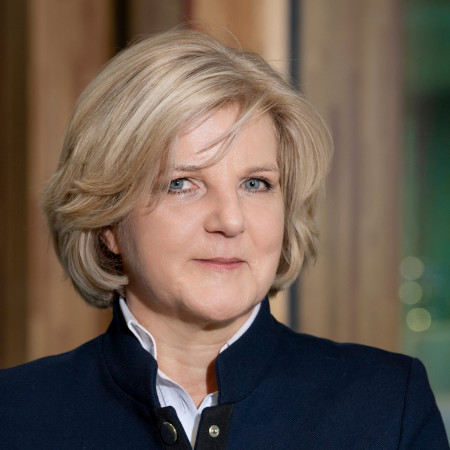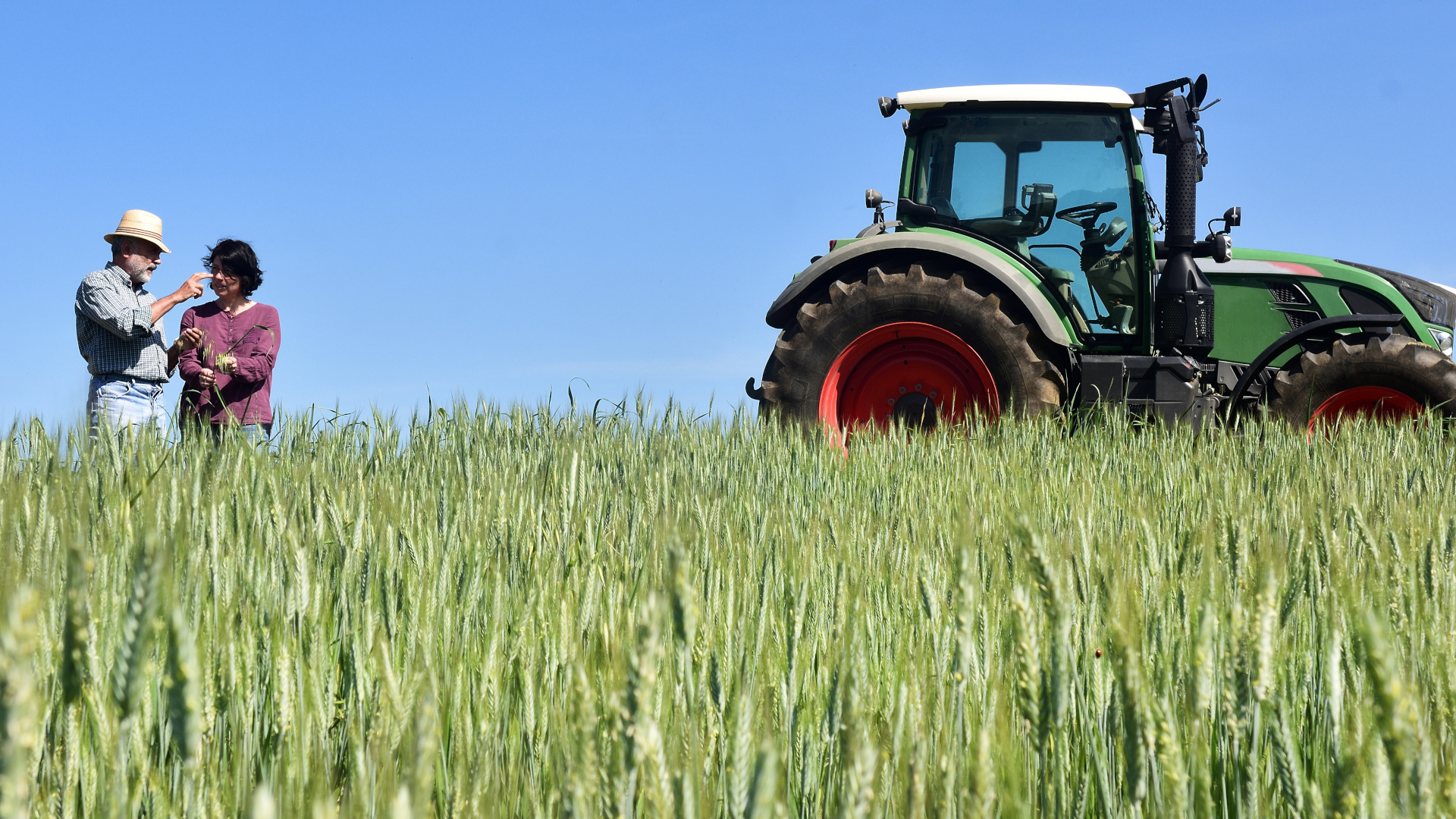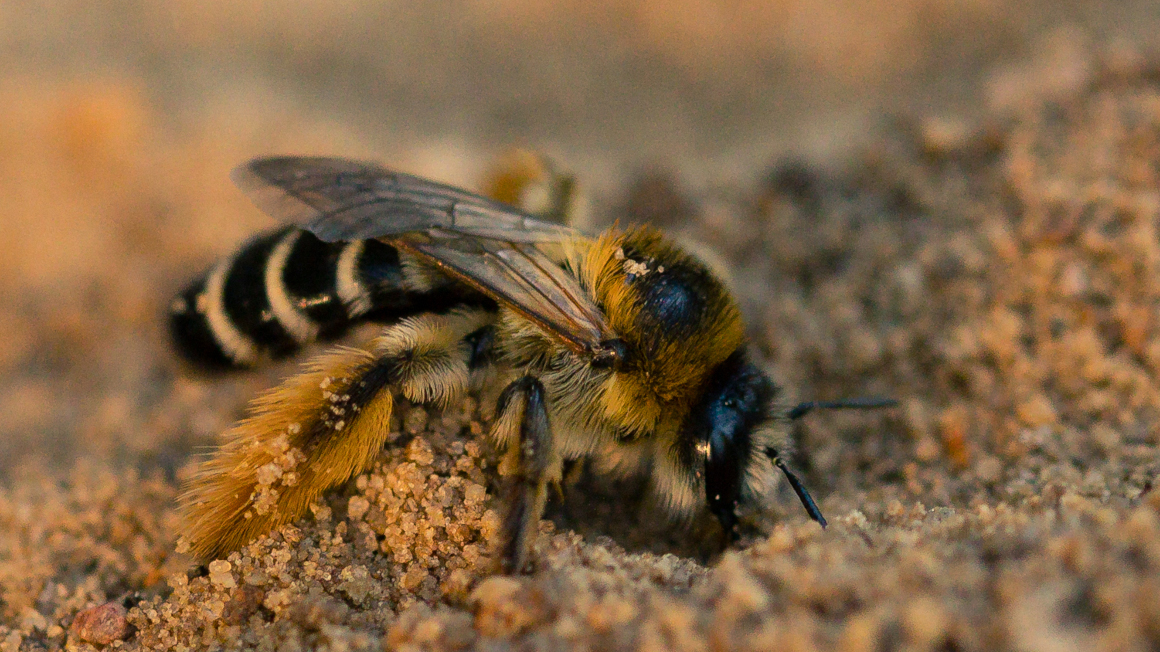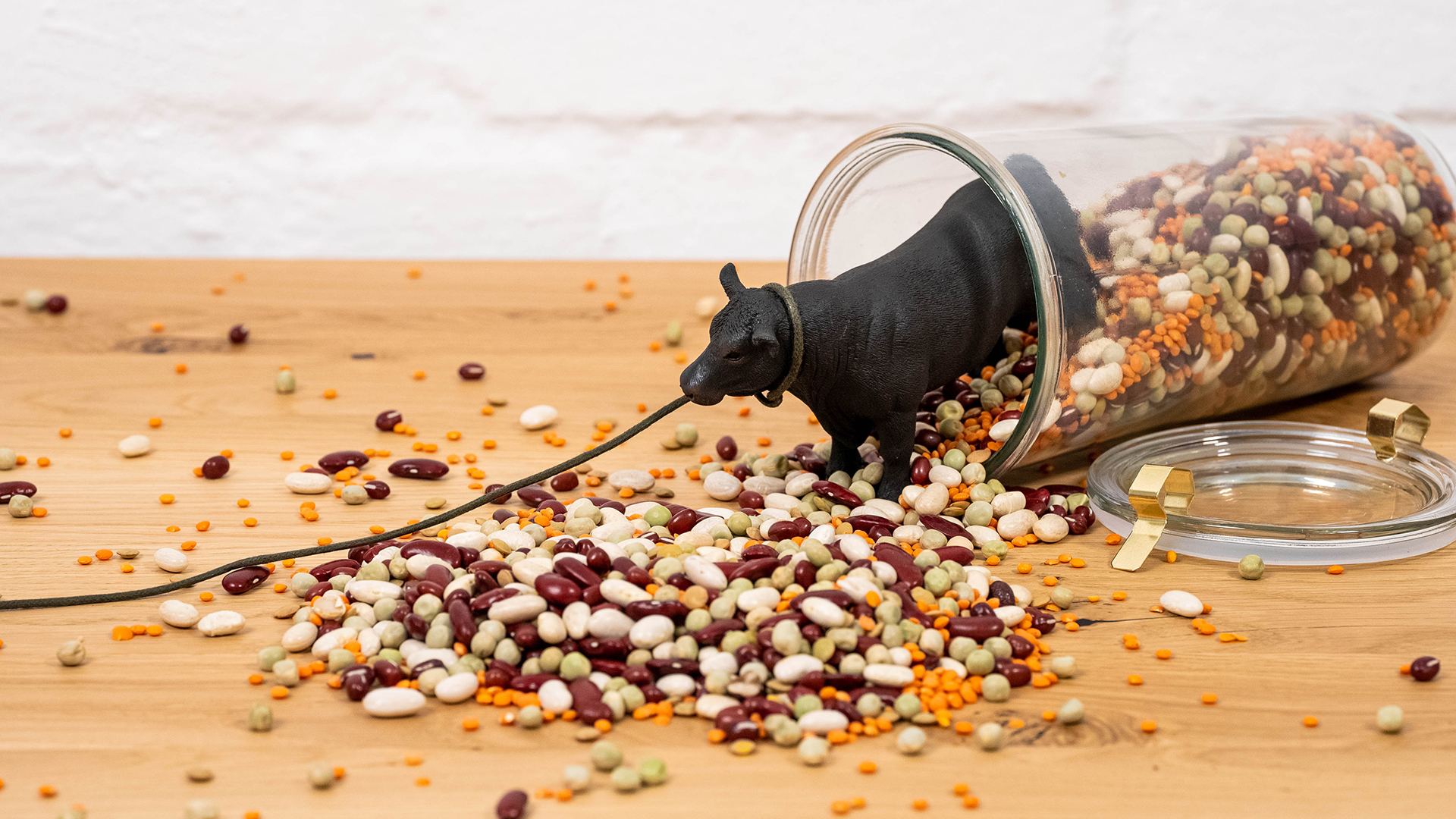"There is no easy solution to sustainably improving food systems"
Martina BrockmeierProfession:
PhD agricultural economist
Position:
Professor of International Agricultural Trade and World Food Economics at the University of Hohenheim; President-designate of the Leibniz Association (from mid-2022)

Profession:
PhD agricultural economist
Position:
Professor of International Agricultural Trade and World Food Economics at the University of Hohenheim; President-designate of the Leibniz Association (from mid-2022)

Martina Brockmeier, an agricultural economist from Hohenheim, was elected as the future president of the Leibniz Association in November 2021. She sees bioeconomy research as an important contribution to achieving the global sustainability goals.
From mid-2022, Martina Brockmeier will take office as President of the Leibniz Association. In recent years, she has helped to develop the University of Hohenheim into an academic bioeconomy hotspot. The agricultural economist is convinced that the bioeconomy can make a decisive contribution to achieving the global sustainability goals. In this interview, she explains how she would also like to further strengthen bioeconomy research at the Leibniz institutes.
In your view, how can the bioeconomy help achieve the UN Sustainable Development Goals?
The bioeconomy can contribute to achieving many of the goals of the UN Sustainable Development Strategy, especially the often interrelated goals of climate and biodiversity protection, food and drinking water security, health and clean energy. With regard to SDG Goal 2 "No Hunger", there is an urgent need for action, given the alarming undesirable developments of recent years. Research is making important contributions here to strive for sustainable agricultural production systems with supply chains from the producer to the consumer in terms of healthy nutrition and, in particular, to advance systemic considerations of human-plant-animal interactions, but also technology development and digitalization.
Recently, the UN Food Systems Summit was held for the first time. How do you view the role and importance of such an international summit and the associated advisory body?
The Food Systems Summit of the United Nations sets important impulses. With science, practice and politics, it brings together three relevant components at the international level and can thus make an important contribution to the implementation of the 17 SDG goals and advance the transformation toward a sustainable society. In this country, there has been too little media coverage of the UN Food Systems Summit, probably due to the Corona pandemic. However, the plural of the word "systems" is interesting: It underlines that there is no simple and single solution for the sustainable improvement of food systems, but that different answers and solutions have to be sought depending on the region, country and culture.
The University of Hohenheim has become an academic bioeconomy hotspot. How has this been achieved, what is the response from students and how will this be further developed?
The topic of bioeconomy was strategically expanded very early on by the University of Hohenheim's management. As early as 2014, the first master's program on the bioeconomy in Europe was established here. With the initiative of the European Bioeconomy University (EBU) alliance, this is now also offered throughout Europe. Bioeconomy research at the University of Hohenheim is well positioned and draws on a comprehensive research infrastructure. In addition to the Experimental Station for Agricultural Sciences, the Biorefinery Technical Center and the Food Technical Center, the new research building of the Hohenheim Center for Livestock Microbiome Research (HoLMiR) is now being built. This significantly increases the attractiveness of the University of Hohenheim, and many prospective students from all over the world come to Hohenheim to study research-based bioeconomics.
What is the status of bioeconomy research in the Leibniz Association?
Bioeconomic approaches play a major role in the Leibniz Association. In particular, the institutes of agricultural and nutritional sciences and the technology-oriented institutes conducting research on biogenic resources form a strong interdisciplinary network. Within the Leibniz Association, there are activities on the bioeconomy in the Strategy Forum "Trade-offs in Sustainable Biomass Production", the Leibniz Research Network "Green Nutrition - Healthy Society", the Leibniz Science Campus "Plant-based Bioeconomy", the Leibniz Research Network "Integrated Earth System Research" and in other networks and associations. In the next few years, a Leibniz Innovation Farm for Sustainable Bioeconomy will be established under the leadership of the Leibniz Institute of Agricultural Engineering and Bioeconomy (ATB). In addition, the researchers of the Leibniz Association have always been involved in the implementation of the bioeconomy strategy of the Federal Government through research and consulting in the various contexts.
What priorities do you want to set as Leibniz President - and what role will the bioeconomy play in this?
The Leibniz Association stands for interdisciplinarity and the successful combination of knowledge and application. I would like to motivate the Leibniz Association to further expand this strength through internal and external, including international, collaborations. The Leibniz Association has all the important disciplines on board to provide important impetus for change in society, in science and, of course, in the bioeconomy. Overall, the Leibniz Association can contribute to bringing about good - indeed, very good - changes here and in other areas!
Interview: Philipp Graf


